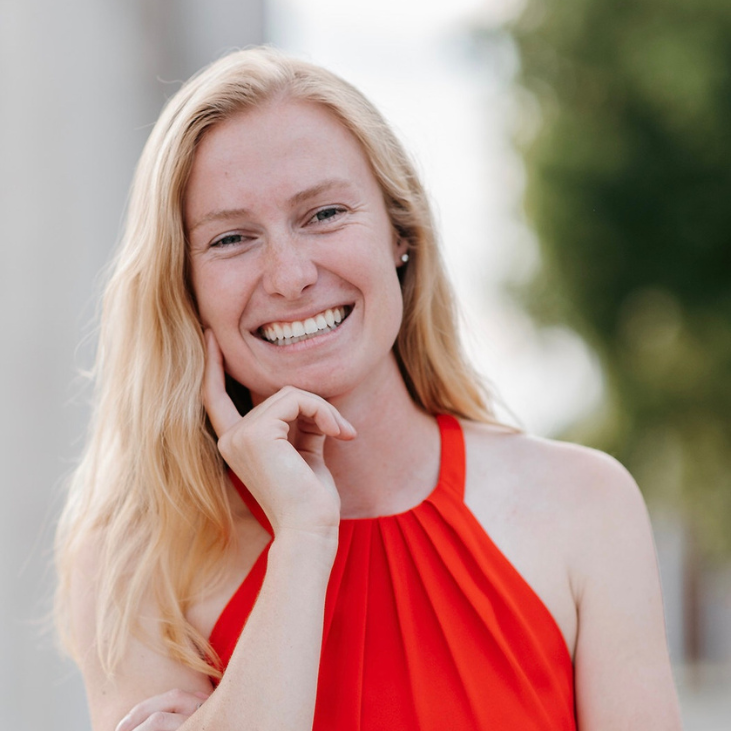Shelby Ackerman Helps Implement Biosecurity Strategies to Mitigate the Spread of Highly Pathogenic Avian Influenza in Alabama

Shelby Ackermann was pursuing a Master of Public Health degree with a concentration in Population Health at the University of Alabama at Birmingham, while concurrently in veterinary school at the Auburn University College of Veterinary Medicine when she served as a Region IV PHTC Pathways to Practice Scholar in the summer of 2023. She chose to intern with the Office of the State Veterinarian at the Alabama Department of Agriculture and Industries. During her placement experience, Shelby worked on biosecurity, surveillance, and preparation strategies as well as the development of educational materials to inform individuals about potential health implications related to Highly Pathogenic Avian Influenza (HPAI). HPAI is “a highly contagious and often fatal viral disease that is distributed worldwide… and possesses significant economic, social, and environmental implications.”
During her field placement, Shelby spent time touring slaughterhouses and meat processing plants in northern Alabama to review their biosecurity and humane handling protocols. She also gained experience conducting disease surveillance testing on chickens and goats. Shelby interacted with backyard chicken farmers and distributors across the State of Alabama and developed a PowerPoint presentation and infographic to educate individuals in the poultry industry about HPAI.
According to Shelby, the internship provided her with an opportunity to gain hands-on experience learning how animal health disasters are prevented, prepared for, and managed.
“As a veterinary student, much of my education has focused on recognizing and treating disease within a single individual. While this is very important, it is crucial to consider the effect of disease on whole populations and the impact it can have more broadly on public health and alternately, the impact of population health on single individuals…Educating individuals empowers them to make informed decisions to protect themselves and their animals from an animal health emergency and prevent some of the economic, social, and environmental downstream effects of these events. In my future career, I want to work to minimize the upstream risk factors and sources that lead to disease rather than simply treating disease as it appears.”
